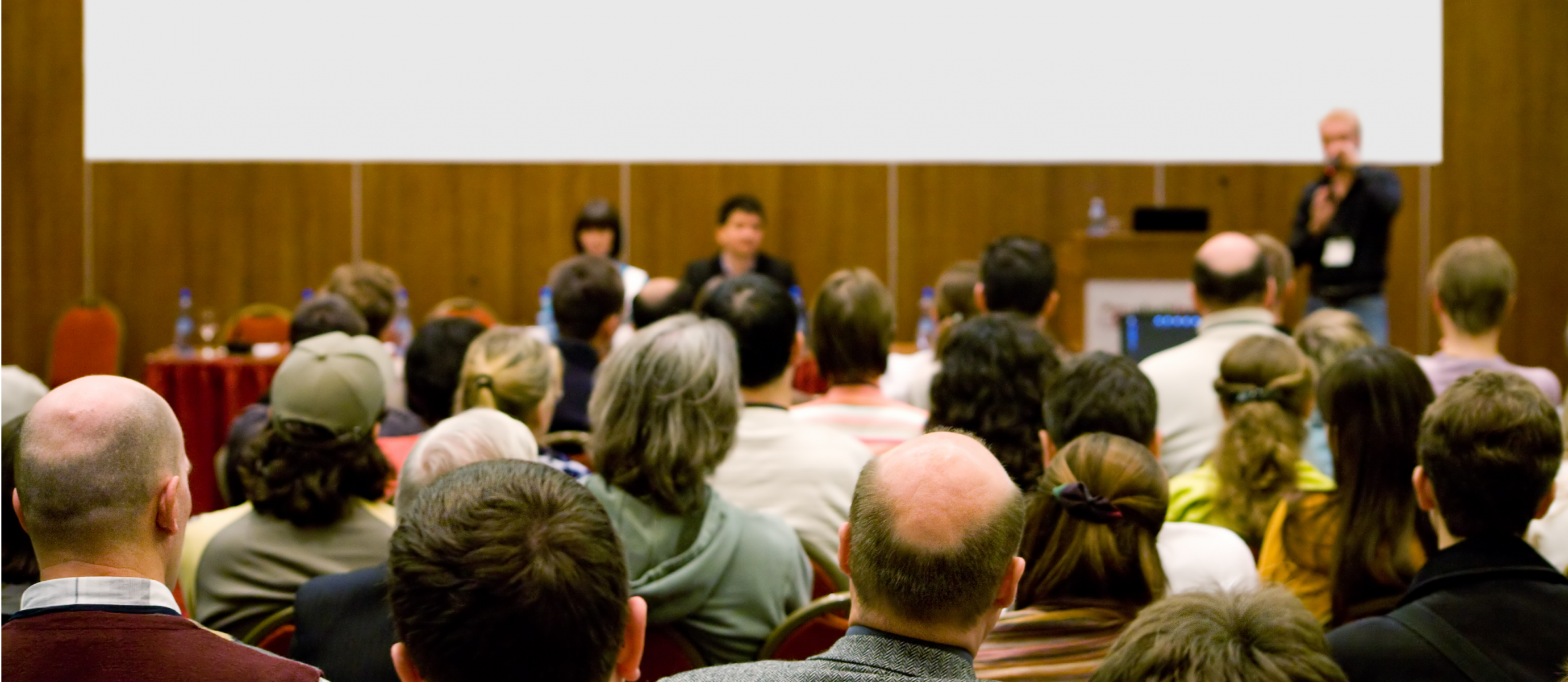Populism, nationalism and radicalized discourses. Research perspectives on social identity building processes (in present and past)
Goethe Instituudiga koostöös Tallinna Kunstihoone ja Balti-Saksa Kõrgkoolide büroo, kultuurifestivali „Saksa kevad 2018“ raames

Starting from the observation that populism and nationalism rise among Europe the symposium discusses the dynamics and forces that drive these processes. It is asked, which role social identity building processes play in that context and how the internet and social media contribute to a polarization of society and processes of radicalisation. To explore these questions, the symposium brings together psychological, sociological, communication science and historical perspectives. Three short keynote speeches build the basis for an informed following discussion:
- “We and them: psychological mechanisms that shape our sense of identity” – Dr. Christiane Stempel
- “Online disinhibition, echo chambers and dichotomizing propaganda – mechanisms and dynamics in radicalization processes and how the internet and social media facilitate them” – Dr. Nadine Jukschat
- “Manifestations of the concept ‘the enemy’ in literature and visual arts of the twentieth century in Estonia” – Irina Belobrovtseva
Invited are especially not only students and academics but all people, interested in the topics populism, nationalism, interculturalism and online communication.
Free entry for all participants!
Working language is english.
Speakers:
Dr. Christiane Stempel works at the Medical School Hamburg in the department of Psychology as a researcher and lecturer. Her main research interests are stereotypes and social role behavior and its consequences for the individual. She presented the results of her research work on several national and international conferences and received the best paper award from the European Association of Work and Organizational Psychology, EAWOP in 2017.
Dr. Nadine Jukschat, cultural sociologist, works at the Criminological Research Institute of Lower Saxony. She is the project coordinator of the research project “Radicalisation within the digital age – risks, processes and strategies for prevention”. She is an expert in qualitative research methods and currently works on influences of the internet on promoting radicalisation processes and the connection between new media and radicalisation.
Prof. Irina Belobrovtseva, philologist and culturologist, works at the Tallinn University. She is the project coordinator of the research project “Estonia between East and West: The Paradigm of the Images of ‘Own’, ‘Other’, ‘Strange’, ‘Enemy’ in Estonian Cultures in the XX Century” funded by the Archimedes Foundation Estonia and Estonian Research Council (IUT 18-4 & Tk TAU16078). Her reasearch interests are: Russian Literature and Culture of the XX-XXI Century, Russian-Estonian Cultural Studies, Bilingualism, Intermediality.
Moderation
Dr. Katrin Nyman-Metcalf, visiting professor of Law and Technology at the Tallinn University of Technology, chairperson of the Council of the Estonian Human Rights Centre as well as Head of Research of the Estonian e-Governance Academy.


